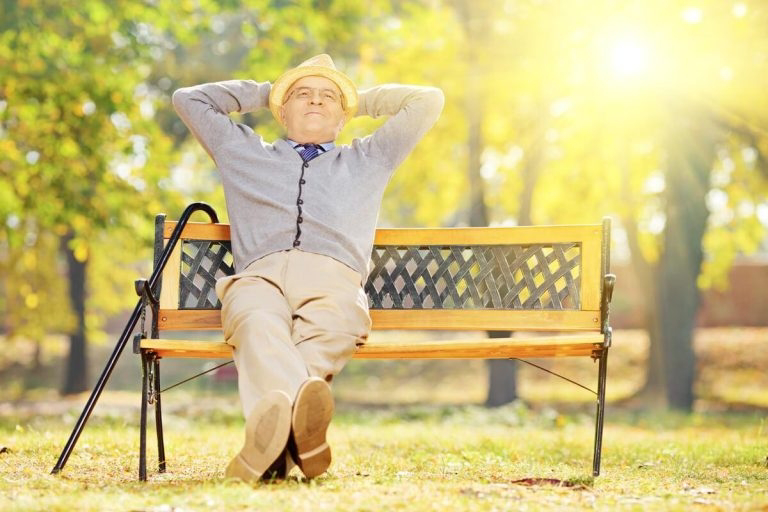For generations, growing old has been portrayed through the lens of romantic companionship—sunsets shared hand-in-hand, quiet breakfasts with a lifelong spouse, and the assumed contentment that comes with "settling down."
But a quiet revolution is shifting this narrative, led by voices like Dr. Bella DePaulo, a Harvard-trained social psychologist who, now in her seventies and never partnered, claims she is living her most authentic and joyful years yet.
DePaulo isn’t alone—neither in her lifestyle nor in her message.
In a world where the number of single adults continues to outpace the married population, especially among older demographics, her insights offer a refreshing and empowering alternative to the conventional tale of aging.
Uncoupled, Not Lonely
The persistent myth that being single in old age is synonymous with loneliness is steadily unraveling. Research conducted across Europe involving over 50,000 older adults reveals something striking: those who live alone but are socially connected often report the same, or even greater, levels of life satisfaction compared to those in partnerships.
Far from being an emotional void, a life without romantic entanglements can leave more space for friendships, passions, and self-determined joy.
Older adults who are single tend to invest more deeply in community, maintain robust friendships, and are often more engaged in meaningful activities than their coupled peers.
Freed from the emotional labor and compromises of a partnership, they can focus on personal growth, spiritual nourishment, and intentional social connections.
Redefining Relationships and Purpose
Being single in later life doesn’t mean being isolated—it means being more intentional about who you spend your time with and what fills your days.
Rather than falling into roles defined by romantic partnerships, single older adults shape their identities through chosen families, creative pursuits, lifelong learning, and causes they believe in.
The absence of a partner may even amplify one's agency. Decisions are made independently, daily routines are constructed around personal preferences, and the capacity for self-reflection deepens.
In a society that too often equates value with marital status, this self-ownership is quietly radical.
Health, Happiness, and the Single Life
Contrary to popular belief, singleness isn’t a health risk. In fact, studies have shown that single adults can experience better mental and physical health outcomes, provided they maintain strong social networks.
Without the stressors that can accompany troubled partnerships—conflict, emotional labor, loss of autonomy—many find emotional balance and resilience.
Moreover, single people often build richer support systems beyond just one person. Friends, siblings, neighbors, and community groups become vital threads in the fabric of a fulfilling life.
A Life Fully Lived
In a culture that often whispers "Why are you alone?" as if it's a failing, aging solo can be an act of quiet rebellion—and immense freedom.
As Dr. DePaulo’s life exemplifies, it is possible not only to thrive, but to glow without a romantic partner in old age. The secret? Replacing outdated narratives of lack with ones that celebrate autonomy, depth, and intention.
Growing older without a partner isn’t about what’s missing—it’s about what’s chosen. And when lived with clarity and courage, it might just be the richest story never told.















.jpg)
.jpg)




0 Comments